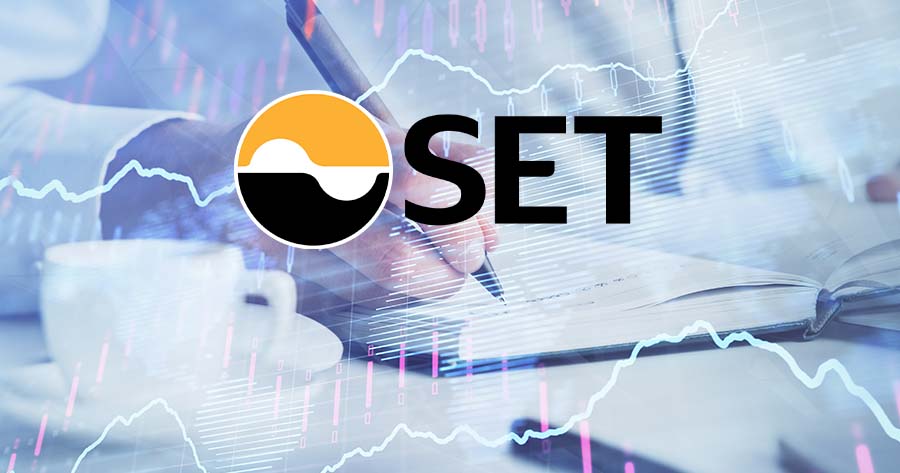1) Thai stock market overview
Thailand’s SET Index closed at 1,680.02 points, increased 1.52 points or 0.09% with a trading value of 82 billion baht. The analyst stated that the Thai stock market moved in a sideways trend after making a new high in 2 years and 5 months as the index rose to 1,682 points intraday, resulting in a profit taking during the session. In the meantime, investors were looking for new catalyst to drive the market, including the earnings season of the banking sector, the Fed’s meeting on 25-26 Jan., and a potentially slowing down of the Chinese economy.
The analyst expected SET Index to move sideways-down, giving a support level at 1,670-1,663 points and a resistance level at 1,683-1,690 points.
Foreign Investors buoyed SET Index to close slightly higher with a 1,144 million baht of net buy.
2) Thailand’s consumer sentiment hit 9-month high in December
Thailand’s consumer confidence index increased to a nine-month high of 46.2 in December 2021, marking the fourth consecutive month of growth, as the economy continues to recover from the COVID-19 pandemic, the University of the Thai Chamber of Commerce’s Center for Economic and Business Forecasting (CEBF) reported on Thursday. The index expanded from 44.9 in November 2021.
3) China’s exports to slowdown in December
China’s exports and imports are expected to slow down in December as key economics drivers remain weak, heavily weighed by rising omicron concerns on the demand outlook.
Exports growth in December 2021 were expected at 20% compared to the same period in 2020, which is a significantly high number, but still lower than a 22% growth in November 2021, according to Reuters poll. Meanwhile, imports were expected to slowdown from 31.7% in November to 26.3% in December.
4) JP Morgan expects oil prices at $150 by 2023 amid falling spare capacity of OPEC
JP Morgan predicts oil prices to reach as high as $125 a barrel in 2022 and $150 per barrel in 2023, expecting spare capacity of the Organization of Petroleum Exporting Countries (OPEC) to fall through 2022, which will drive a higher risk premium to oil prices.
The American investment bank said that the combination of underinvestment within OPEC+ and post-pandemic rising oil demand could lead to a critical point of a potential energy crisis as other global producers falter.





